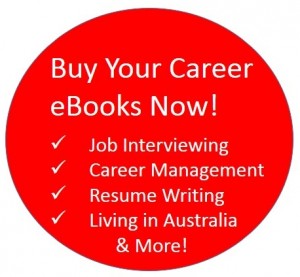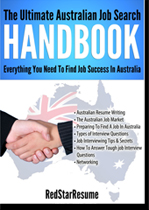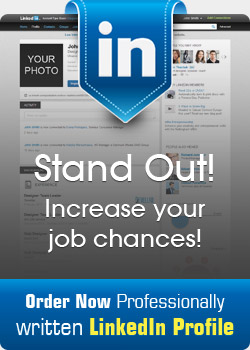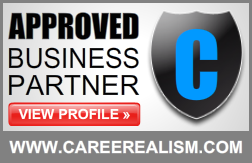 Resume Writing Skills for Entry Level Candidates
Resume Writing Skills for Entry Level Candidates
As a current student, recent graduate or entry level job candidate, entering the job market for the very first time, you are probably also getting ready to write your very first professional resume. As you sit at your desk with an empty looking document staring straight at you, I bet you’re thinking the same thing that millions of other entry level job seekers have all thought at some time. “Where do I start and what do I do first?”
The first thing to understand as a new job seeker is that your resume is a representation of you. If you want to be considered as a professional job candidate, then your resume needs to be presented, structured and submitted in a professional way. First impressions are so important and in a world where a hiring manager can often receive in excess of 500 – 1000 applications for a graduate position. If your resume does not immediately stand out, it will be deleted.
What should I include in my professional resume?
The key to writing an expert resume that will get noticed is to focus on targeting your application to the job that you are applying for. For example, if you are applying for a teacher role than you need to present as much information to the reader that will make you the best possible candidate for the teaching position. This information needs to be highlighted on your CV and backed up with quantitative evidence (where possible).
The best way to shine above your competition is highlighting your achievements as opposed to just including your general work duties and responsibilities. This is a great way to stand out from the pack and provide the reader with all the great value added skills that you have to offer. For example, if at school or college you were involved in extracurricular activities, don’t just mention these activities but highlight how you managed to add value.
I recently sat down with a marketing graduate who worked on campus in arranging, co-ordinating and organising university events. On her original resume she had five bullet points explaining what she did in her role (basic duties). There was nothing wrong with what she had written, however her resume was never going to stand out against all the other marketing graduates she was competing against. In order to upgrade the resume and turn her original resume into a marketing document, we turned the duties and responsibilities into achievement statements. Rather than saying “Developed the newsletter” which tells the reader nothing, we converted this statement into an achievement statement with quantifiable evidence. “Developed the newsletter throughout the entire campus leading to an increase in subscription from 1000 to 5000 people within a 6 month period.”
Target the Job you are applying for
The “one size fits all” strategy does not work for a professional resume and it is not realistic to think that you can send the same document out for every job you apply for. Your resume needs to be tailored towards the specific job and answer the questions that the role is identifying. Do not waste the reader’s time with including information that is not relevant or required in your resume. It will only reduce the professionalism of your resume. Rather than including a section on your hobbies and interests (which is outdated and not required in this day and age) include a “Key Competencies and Skills” section to further highlight to the reader all the great skills that you have to offer.
Final Thought …
Remember the more value added information you can provide the better your new resume will be – As a hiring manager, I would rather know about your teamwork and communication skills, as opposed to knowing that you like long walks and enjoy watching the football!
© RedStarResume Publications – http://www.bestresponseresume.com
The #1 student and graduate Professional Resume Service














